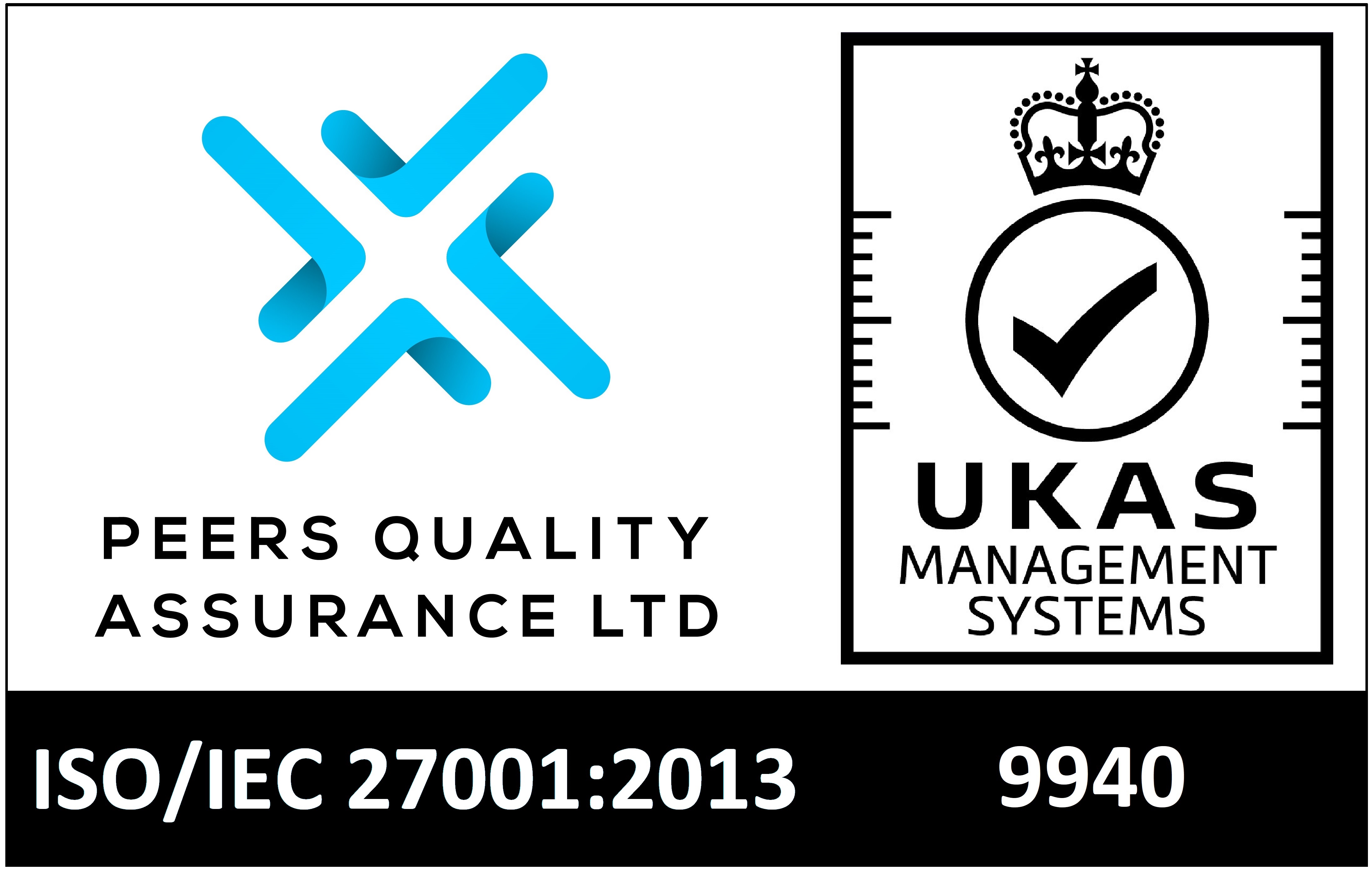Nearly 43,000 people in the UK are diagnosed with bowel cancer each year, making it the fourth most common type of cancer.
Identifying bowel cancer early means you can get the treatment you need more quickly. Like most illnesses, the chances of successful treatment and increased survival go up when bowel cancer is diagnosed quickly. In fact, survival rates for bowel cancer have more than doubled in the past 40 years, with 9 in 10 people now surviving an early diagnosis of bowel cancer.
This guide takes a look at the most common symptoms of bowel cancer and when you should see your GP.
Common symptoms of bowel cancer
The symptoms listed below are some of the most common that you may experience if you have bowel cancer. However, if you notice any of these symptoms, it doesn’t necessarily mean that you have bowel cancer. Other health concerns such as haemorrhoids (piles), irritable bowel syndrome (IBS) or Crohn’s disease can cause similar symptoms.
It’s important to remember that someone with bowel cancer may not experience any symptoms, and if they do, they may have only one or two, rather than all the symptoms listed below.
If you are experiencing any of these symptoms, or if you’re concerned about your health, speak to your doctor as soon as you can. If you do have bowel cancer, a rapid diagnosis will make treatment more effective and drastically increase the chances of survival.
We also recommend that anyone over 45 years of age has regular screening to help reduce their risk of late diagnosis.
Blood in stool
One of the key warning signs of bowel cancer is blood in your stool (poo) or bleeding from your rectum (back passage). If you experience this symptom, even just one time, you should get checked as soon as possible.
This symptom could be caused by piles (haemorrhoids), but it’s unlikely this is the problem if you’re not experiencing other symptoms related to piles such as lumps, pain and itching around your anus.
If this symptom is due to bowel cancer, rather than being red and fresh, the blood in your stool will likely be a dark red or even black, which can make your stools look like tar. When the blood in the stool is caused by cancer, it’s because the cancer can cause bleeding within the areas of the digestive tract such as the intestines or rectum.
Abdominal pain
Another symptom of bowel cancer is constant or intermittent pain in your tummy. This pain may also be accompanied by bloating and is always brought on by eating. This discomfort can result in a reduction in the amount of food eaten, causing unintentional weight loss.
As well as this pain, you may also be able to feel a lump in your tummy that doesn't go away. If there is a large tumour, this can sometimes be felt in the tummy, often on the right side.
Constant abdominal pain may be caused by a serious health issue called a bowel obstruction.
Change in bowel habit
Bowel cancer can cause persistent changes in your bowel habits such as needing to empty your bowels more often than usual, with looser, runnier stools or having diarrhoea or constipation.
You may also experience pain when pooing and have a feeling that you haven't fully emptied your back passage after going to the toilet.
See your doctor as soon as possible if changes in your bowel habits have lasted longer than three weeks.
Bowel obstruction
A very serious symptom of bowel cancer is bowel obstruction. This is where a tumour causes a blockage somewhere in the bowel.
Signs and symptoms of a bowel obstruction include:
- Nausea and vomiting
- Strong abdominal pains
- Constant bloating or swelling of your tummy — particularly in the area around your belly button
- Constipation and/or passing wind
- Abdominal pain brought on by eating
A bowel obstruction is a medical emergency. If you think you may have a blocked bowel, you should see your doctor straight away or head directly to your nearest A&E department.
Other symptoms of bowel cancer
Other symptoms to look out for that could indicate you have bowel cancer include:
- Unexplained weight loss
- Extreme tiredness for no particular reason
- Shortness of breath
- Dizziness
- Tiredness
- Looking pale
- Feeling bloated
- Constipation
- Nausea and vomiting
It’s important to get checked out by a doctor if you’re experiencing any of these symptoms. Whether they are caused by bowel cancer or another health problem, you need to have a correct diagnosis in order to start treatment quickly.

What should I do if I have bowel cancer symptoms?
If you experience any of the symptoms listed above, it’s important to make an appointment with your doctor straight away to get checked through diagnostic testing.
Initial tests for bowel cancer detect the presence of blood in a stool sample. If blood is detected, further investigations will be necessary.
Learn more about how bowel cancer is detected in our ‘how is bowel cancer diagnosed?’ blog post.
Order your bowel cancer test kit
Early diagnosis of bowel cancer often means treatments are less aggressive and increase the chances of a successful outcome.
If you’re over 45 years of age and are worried about bowel cancer, Check4Cancer’s BowelCheck can help.
BowelCheck is a simple and reliable at-home sample collection kit that looks for signs of digested human blood in your stools to help identify bowel cancer in its earliest stages.
Check for bowel cancer by ordering a Check4Cancer BowelCheck test today.




